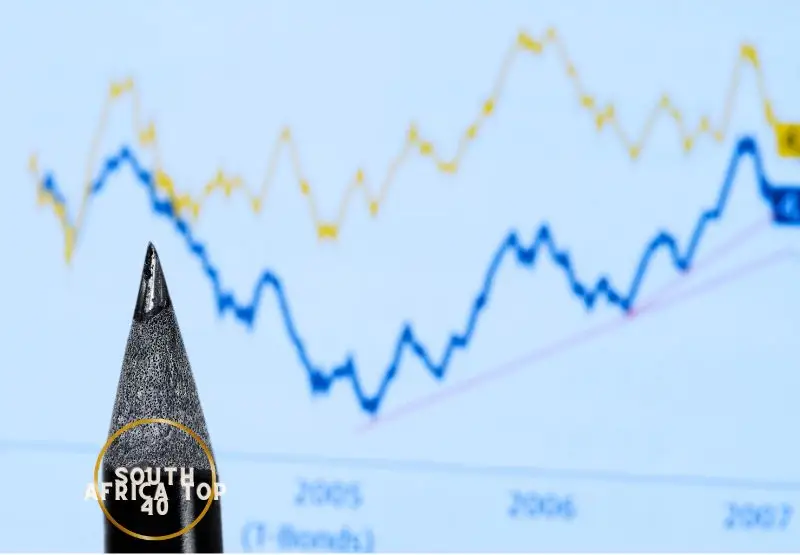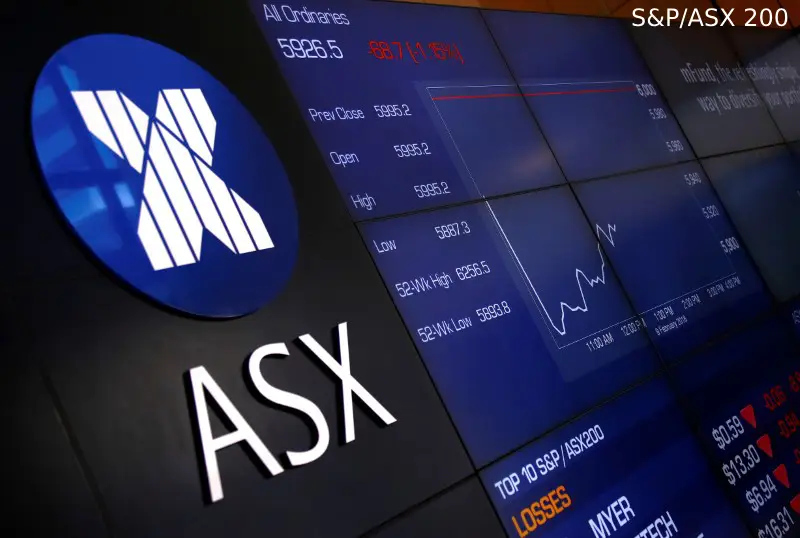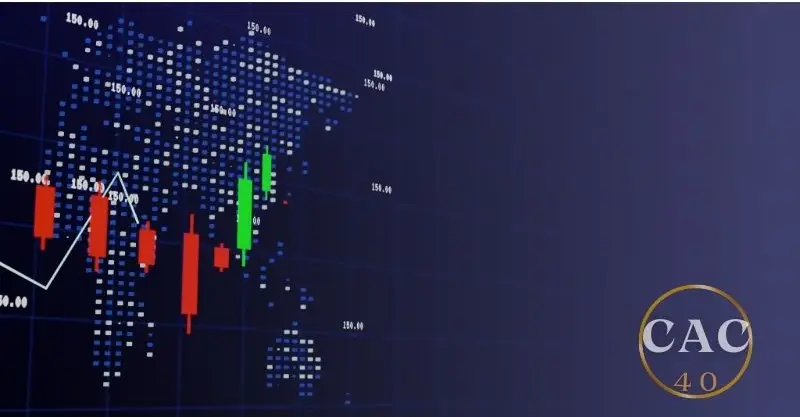Switzerland’s stock market is a powerhouse in the global financial landscape, known for its stability and strong performance. With a reputation for reliability and innovation, Switzerland’s stock market plays a crucial role in the country’s economy.
The Swiss Market Index (SMI) is the most widely followed stock index in Switzerland, consisting of the 20 largest and most liquid stocks on the Swiss Exchange. The SMI reflects the overall performance of the Swiss stock market and is closely watched by investors around the world.
Another important stock index in Switzerland is the SPI, which includes all listed companies on the Swiss Exchange. This broader index provides a comprehensive view of the Swiss equity market and is used as a benchmark for many investment portfolios.
With its strong regulatory framework, diverse range of industries, and reputation for financial security, Switzerland’s stock market continues to attract investors seeking stability and growth opportunities. Stay tuned to discover more about this dynamic financial hub!
How Does the Stock Market Work in Switzerland
In Switzerland, the stock market operates similarly to other global markets, where investors can buy and sell shares of publicly traded companies. The main stock exchange in Switzerland is the SIX Swiss Exchange, located in Zurich.
To invest in the Swiss stock market, individuals can open a brokerage account with a Swiss bank or an international online broker that offers access to Swiss stocks. Investors can then place buy or sell orders for specific stocks listed on the SIX Swiss Exchange.
When investing in the stock market in Switzerland, it is important to consider factors such as company performance, industry trends, economic conditions, and global market influences. Diversifying investments across different sectors and regions can help mitigate risks associated with individual stock fluctuations.
Some of the major stocks listed on the SIX Swiss Exchange that have generated profits for investors include:
1. Nestle (NESN) – A multinational food and beverage company known for popular brands such as Nespresso, KitKat, and Purina.
2. Novartis (NOVN) – A pharmaceutical company that develops innovative healthcare products and medications.
3. Roche (ROG) – Another prominent pharmaceutical company specializing in oncology treatments and diagnostics.
4. UBS Group (UBSG) – A leading financial services provider offering wealth management, investment banking, and asset management services.
5. Credit Suisse Group (CSGN) – Another major player in the financial services sector providing banking and investment solutions to clients worldwide.
Investing in the stock market carries risks, so it is advisable for individuals to conduct thorough research and seek advice from financial experts before making investment decisions.
What is the benefits of buying stocks in Switzerland
Investing in the Switzerland stock market can offer a range of benefits for investors looking to diversify their portfolio and potentially grow their wealth. Some key advantages of buying stocks in the Switzerland stock market include:
1. Stability: Switzerland is known for its strong and stable economy, making it an attractive option for investors seeking a safe haven for their investments.
2. Strong banking sector: Switzerland is home to some of the world’s largest and most reputable banks, providing investors with access to well-regulated financial institutions.
3. Diversification: Investing in Swiss stocks can help diversify your portfolio by adding exposure to different industries and sectors, reducing overall risk.
4. Innovation: Switzerland is known for its innovation and technology, with many companies leading in areas such as pharmaceuticals, biotech, and finance.
5. Global reach: Many Swiss companies have a strong international presence, offering investors exposure to global markets and potential growth opportunities.
When investing in the Switzerland stock market, it’s important to keep in mind a few tips and takeaways:
1. Research companies: Before buying stocks, make sure to research the companies you’re interested in, including their financial performance, industry trends, and competitive positioning.
2. Consider currency risk: Since Switzerland uses the Swiss franc (CHF), investors should be mindful of currency fluctuations when buying Swiss stocks if they are using a different currency.
3. Monitor global events: Keep an eye on global events that could impact the Swiss economy or specific industries, such as trade agreements or geopolitical tensions.
4. Seek professional advice: If you’re unsure about investing in the Switzerland stock market or need guidance on building a diversified portfolio, consider seeking advice from a financial advisor or investment professional.
In conclusion, investing in the Switzerland stock market can offer stability, diversification, and potential growth opportunities for investors willing to do their research and stay informed about market trends. By following these tips and takeaways, you can make informed decisions about buying stocks in Switzerland and potentially achieve your investment goals.
The main stock indices in Switzerland
Stock market indices are crucial tools for investors to track the overall performance of a specific stock market or a particular segment of it. In Switzerland, some of the most important stock market indices include the Swiss Market Index (SMI), which consists of the 20 largest and most liquid stocks listed on the SIX Swiss Exchange. The SMI is often used as a benchmark for the Swiss stock market.
Another significant index in Switzerland is the Swiss Performance Index (SPI), which includes all listed stocks on the SIX Swiss Exchange and provides a broader view of the Swiss equity market.
In Switzerland, stock market indices are regulated by FINMA (Swiss Financial Market Supervisory Authority). FINMA is responsible for overseeing and regulating financial markets in Switzerland, including ensuring that stock market indices are calculated accurately and transparently.
Regulation of stock market indices in Switzerland aims to maintain fairness, transparency, and investor protection. It ensures that index providers follow strict guidelines in calculating and maintaining indices to prevent manipulation or misleading information.
Investors in Switzerland can rely on these regulated stock market indices to make informed investment decisions, assess market trends, and measure their portfolio performance against relevant benchmarks. By understanding how these indices are regulated, investors can have more confidence in using them as tools for their investment strategies.
Recap: The stock market in Switzerland
The stock market in Switzerland is known for its stability and strong performance. With a reputation for being one of the most reliable and secure markets in Europe, investors from around the world are drawn to Swiss equities.
Switzerland’s economy is closely tied to the global financial system, making it an attractive market for international investors looking for diversification. The Swiss stock market is home to many multinational corporations, as well as smaller companies with strong growth potential.
Investors in Switzerland benefit from a well-regulated market that provides transparency and protection against fraud. The country’s political stability and strong banking sector also contribute to its appeal as a safe haven for investment.
Overall, the stock market in Switzerland offers opportunities for both conservative investors seeking stable returns and more aggressive investors looking for growth potential. With its solid fundamentals and reputation for reliability, Switzerland remains a top choice for those looking to invest in European equities.




























































